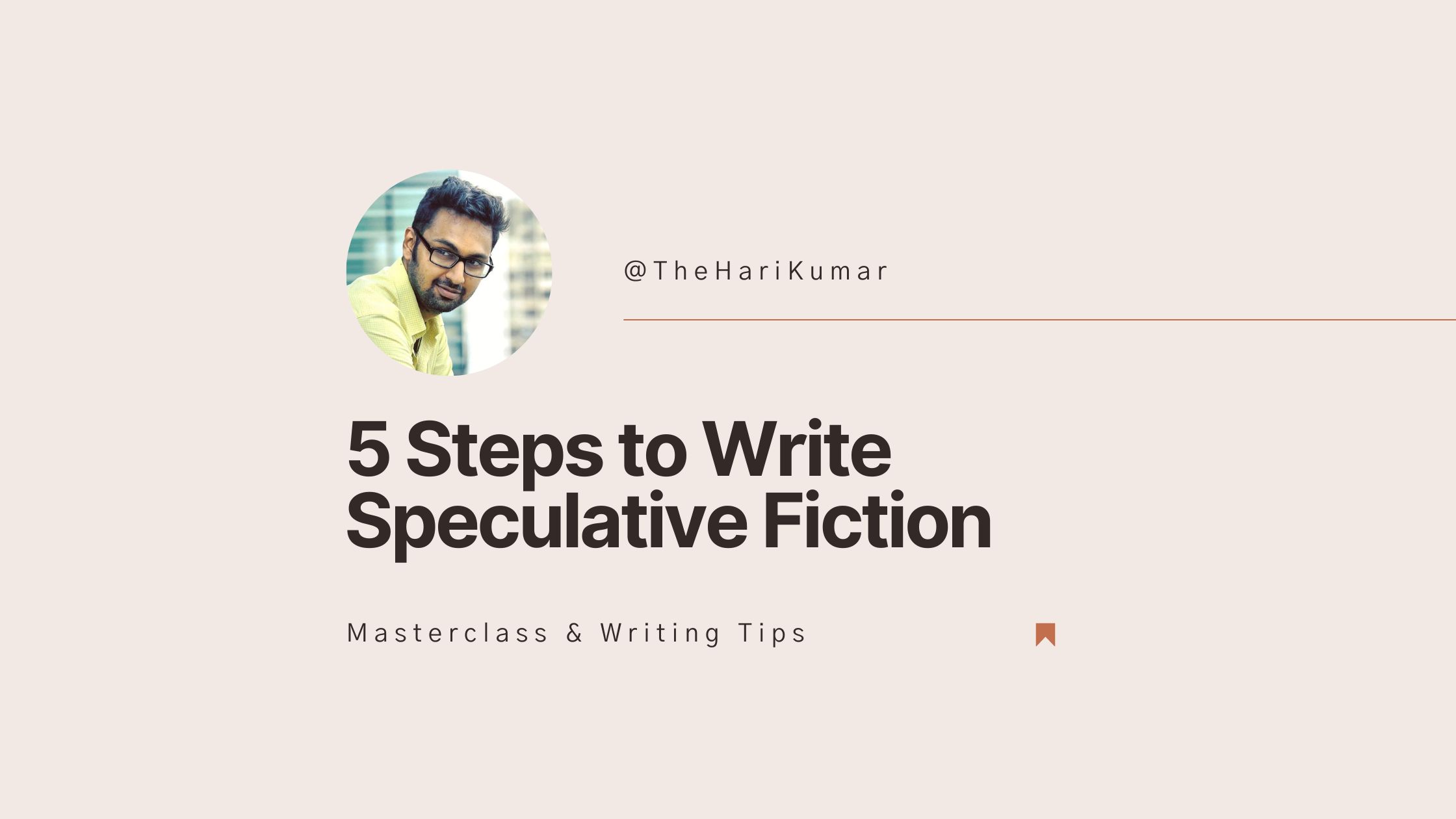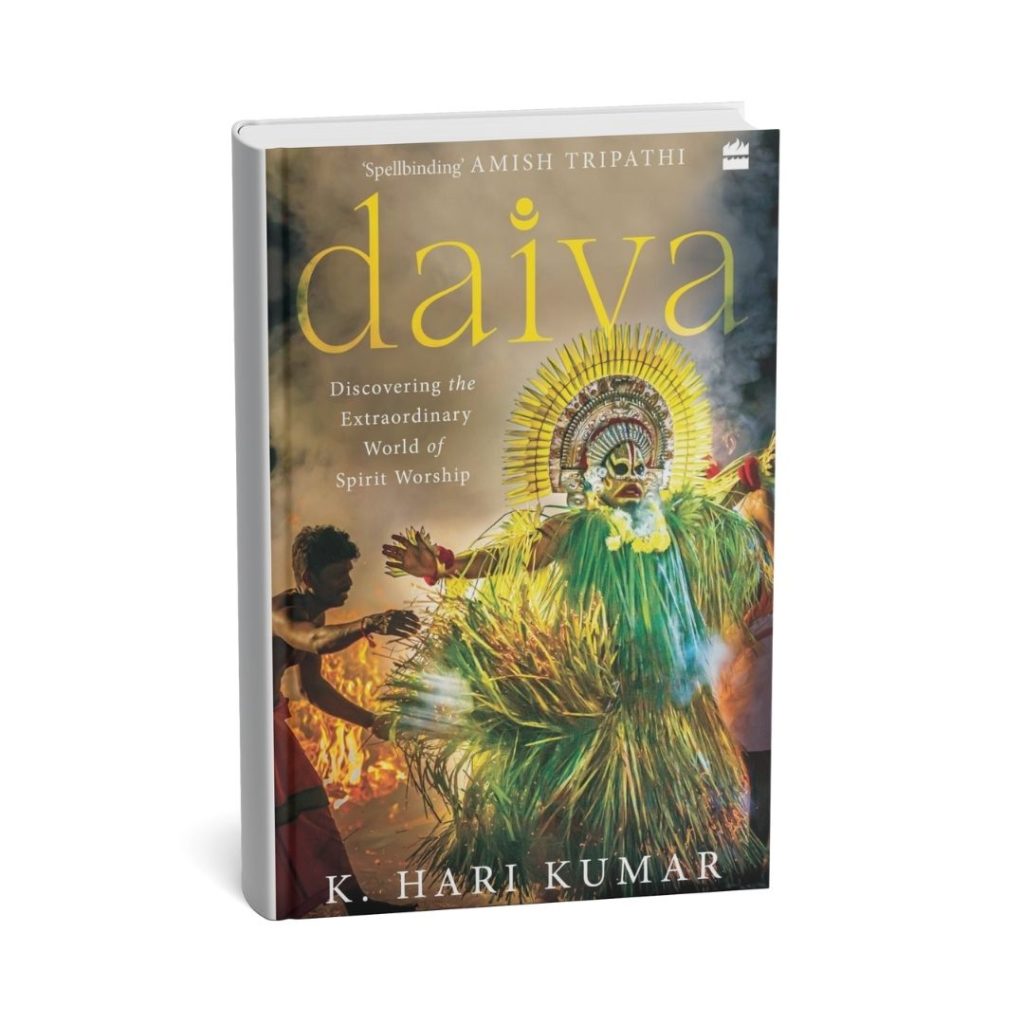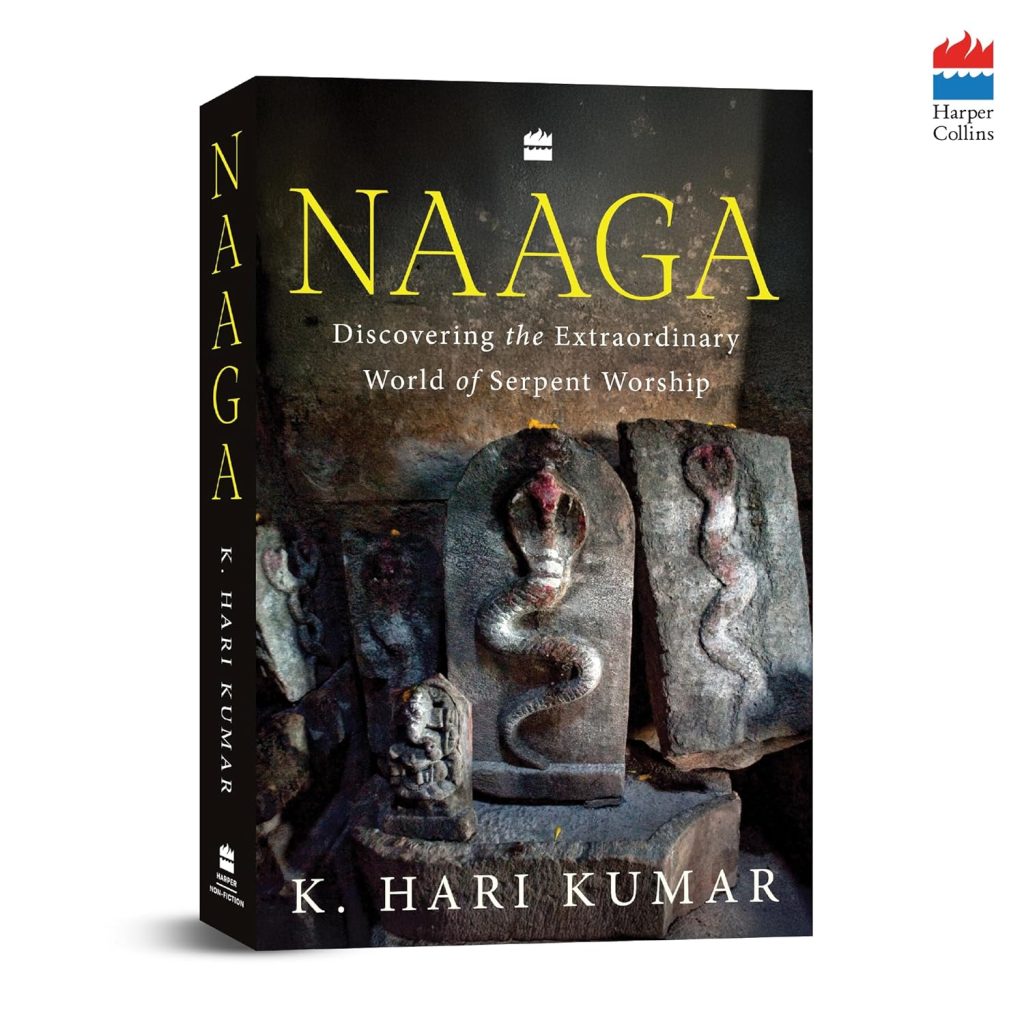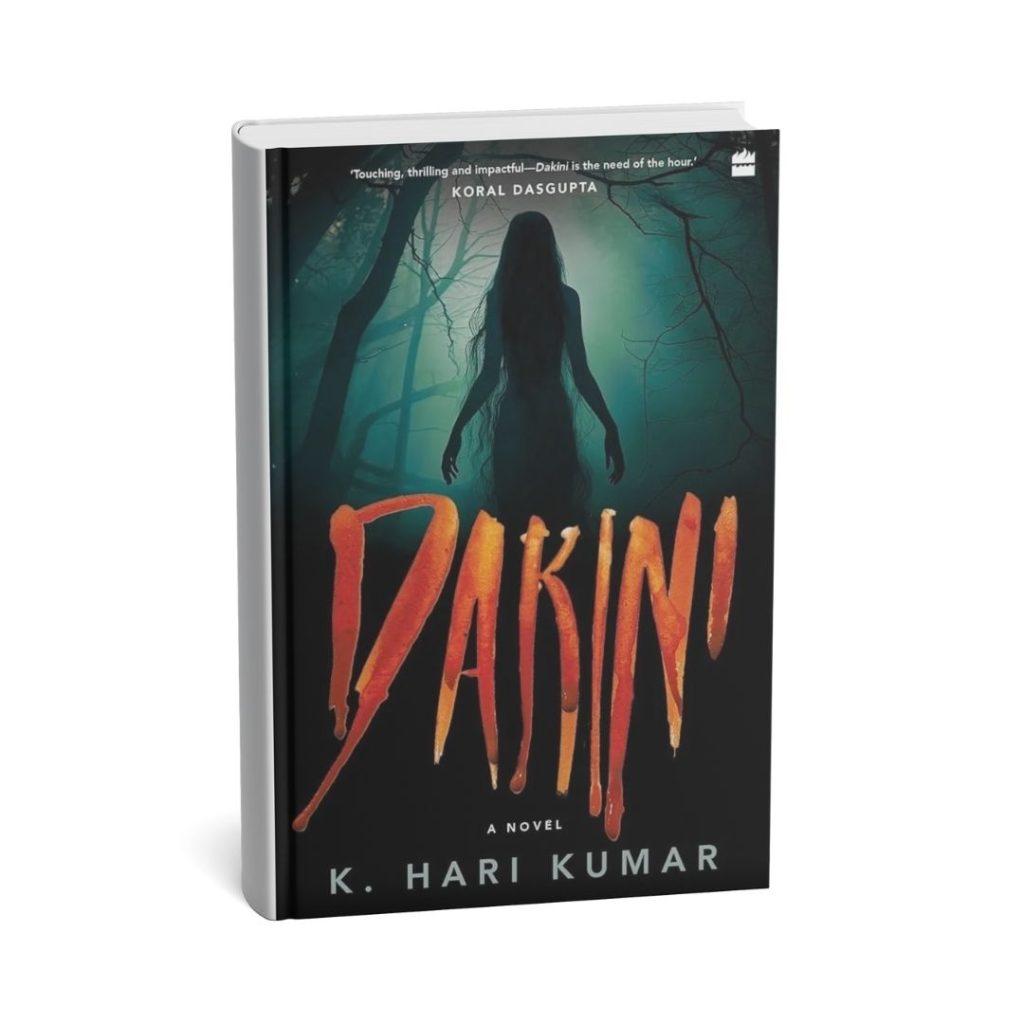As a genre writer, I often get questions from aspiring writers: Which genre presents a greater challenge – science fiction or fantasy or horror?
While the answer remains subjective, dependent on individual inclinations and strengths, it’s a query that sparks lively discussions among the realms of speculative fiction. As someone who traverses the intricate landscapes of horror, I can empathize with the allure and intricacies that both science fiction and fantasy present. In fact, there are instances when my own works of horror seamlessly blend into the realms of fantasy and science fiction. Let’s embark on an exploratory journey, unraveling the factors that contribute to the unique difficulties faced by writers in these captivating realms.
World building
At the heart of speculative fiction lies the intricate art of worldbuilding. It would be wrong to say that a realistic genre like Romance or a Drama doesn’t need world building. Of course, they do! Worldbuilding is part of every story. A writer defines the world within which the characters and their motives traverse. However, when it comes speculative fiction, the world building takes a more literal meaning.
Worldbuilding in Science Fiction & Fantasy
Science fiction demands meticulous extrapolation from existing scientific principles or the daring exploration of advanced technologies. Extensive research and a firm grasp of scientific concepts become indispensable allies. On the other hand, fantasy beckons writers to weave entirely new realms, complete with their own rules, magic systems, and mythologies.
Worldbuilding in Horror
In horror fiction, world building becomes a pivotal player in conjuring an atmosphere charged with fear and apprehension. It takes on the weighty responsibility of constructing an immersive and bone-chilling backdrop that amplifies the sense of unease and foreboding. From desolate, haunting landscapes that send shivers down your spine to dilapidated, ghost-infested abodes, every element is painstakingly sculpted to evoke an overwhelming feeling of menace. But it doesn’t stop there.
World building in horror fiction transcends the realm of mere physical descriptions, delving deep into the labyrinthine realms of intricate mythologies, supernatural regulations, and the psychological landscape of fear. It is through this meticulous craftsmanship that the writer fearlessly plunges readers into a murky abyss, a realm where nightmares lie in wait and the boundaries between reality and illusion blend into a sinister dance. Here, creativity and consistent internal logic take center stage, inviting writers to immerse readers in awe-inspiring domains of imagination.

Suspension of Disbelief
Suspension of disbelief is the act of temporarily setting aside skepticism to fully engage with and believe in a fictional narrative or artwork. It involves accepting and immersing oneself in a created world, even if it includes fantastical or unrealistic elements.
In speculative fiction, readers willingly suspend their disbelief, but the approach varies. Science fiction endeavors to maintain a level of plausibility and scientific extrapolation, demanding the delicate balance of internal consistency and believability for speculative elements. Fantasy, on the other hand, relies on establishing readers’ acceptance of fantastical elements from the outset, while still necessitating coherence and the avoidance of plot holes.
Suspension of disbelief in horror fiction refers to the reader’s or viewer’s willingness to temporarily accept and believe in the terrifying or supernatural elements presented in the story, despite their implausibility or impossibility in reality. It involves embracing the eerie atmosphere, accepting the existence of supernatural beings or occurrences, and immersing oneself in the chilling world of the narrative.
An example
Almost every other reader in this world loves Harry Potter. Let’s understand suspension of disbelief in the franchise. Readers of Harry Potter willingly embrace the existence of magical creatures, spells, and a hidden wizarding society existing parallel to the Muggle world. Despite these elements being contrary to our real-life experiences, readers suspend their disbelief to immerse themselves in the enchanting realm of Hogwarts School of Witchcraft and Wizardry. They accept the presence of talking portraits, flying broomsticks, and encounters with mythical creatures like dragons and centaurs. This suspension of disbelief allows readers to experience the wonder and excitement of Harry Potter’s magical journey while temporarily setting aside their skepticism about the feasibility of such a world.
Crafting narratives that effortlessly engage and enthrall readers’ imaginations requires finesse.

Technical Accuracy and Creative Freedom
In speculative fiction, the dichotomy between technical accuracy and creative freedom becomes apparent. Science fiction often embarks on journeys into scientific concepts, technological advancements, and futuristic settings. Here, writers bear the responsibility of grounding their ideas in scientific principles, calling for meticulous research and adherence to plausibility.
On the other hand, fantasy and horror unleashes the shackles of scientific constraints, granting writers limitless creative freedom. Here, the imagination reigns supreme, allowing authors to conjure worlds governed by their own rules, drawing inspiration from the rich tapestry of human mythology and archetypal themes. However, it is important to note that fantasy and horror genres also require extensive research despite their fantastical elements. Take, for example, the novel DAKHMA, which falls into the horror genre but incorporates a protagonist with a mental disorder. In order to create a believable world, thorough research in the field of Abnormal psychology was necessary. Additionally, the prior research that I had conducted for the creation of the protagonist of BHRAM (web series on Zee5) proved invaluable in shaping the narrative and enhancing its authenticity.
When genres blend, like a horror story rooted in a sci-fi environment will definitely need to find a balance between technical accuracy and creative freedom. The balance between technical accuracy and creative freedom ultimately depends on the specific genre and the story being told, as writers navigate the thin line between scientific plausibility and boundless imaginative exploration.

EQ – The Emotional Quotient
The success speculative fiction hinges on the ability to forge deep emotional connections with readers.
EQ in Sci-fi
If you are writing sci-fi, then take a hint from established science fiction writers who successfully ground their speculative elements in relatable human experiences and emotions, even when venturing into futuristic or alien settings.
A notable recent example that exemplifies this is the film Avatar. Despite its setting on an alien planet and the human characters being portrayed as the antagonists driven by greed, the film successfully managed to evoke empathy for the alien beings, who were portrayed as the ‘good guys’. Through skillful storytelling and character development, viewers were able to form emotional connections with the alien characters, rooting for their cause and feeling a sense of compassion for their struggles. This ability to generate empathy for characters in unfamiliar and extraordinary circumstances is a testament to the film’s success in establishing relatability and emotional connection, even within a fantastical and otherworldly context.
The key to achieving this lies in finding a harmonious balance between the extraordinary aspects of the story and the familiar aspects of the human condition. By infusing their narratives with relatable themes such as love, loss, identity, and the pursuit of truth, science fiction writers can create a bridge between the fantastical and the deeply human, enabling readers to connect with the characters and their journeys.
EQ in Fantasy & Mythological Fiction
On the other hand, if you are fantasy writer then you can capitalize on the power of archetypal themes and the rich tapestry of mythological elements. You can take a pint of inspiration from Amish’s works. By drawing upon timeless motifs and universal truths, you can tap into the collective subconscious of readers, evoking a sense of wonder, enchantment, and emotional resonance. The exploration of themes such as heroism, destiny, sacrifice, and the battle between good and evil allows you to craft narratives that strike a chord with readers on a profound and timeless level. Through the use of imaginative settings, fantastical creatures, and magical systems, fantasy invites readers into a world where they can vicariously experience epic quests, personal growth, and the triumph of the human spirit.
EQ in Horror
The genre of horror also relies heavily on establishing relatability and forging emotional connections with the audience. While horror often delves into terrifying and unsettling realms, its effectiveness lies in the ability to tap into primal fears and evoke a visceral response. Successful horror stories resonate with readers by exploring the depths of human psychology and confronting universal fears and anxieties. In horror fiction, relatability can be achieved through the portrayal of realistic characters facing extraordinary or horrific circumstances. By grounding the narrative in authentic human experiences, such as vulnerability, fear, and the struggle for survival, readers can empathize with the characters and share in their emotional journey.
Ultimately, horror always comes down to one thing – DEATH! Yes, that’s right. The universal question that hangs like a noose in front of everyone who exists, existed or will exist. Death brings up the questions of mortality, the unknown, and the question about existence and what happens after that. By tapping into these primal fears, you can tap into the universal human experience, triggering emotional responses that linger long after the story has been consumed. Whether through atmospheric descriptions, psychological terror, or supernatural elements, horror seeks to evoke a visceral reaction, immersing readers in a world where the boundaries of reality are blurred, and the darkest aspects of humanity are exposed.

Passion
Ultimately, passion emerges as the most powerful catalyst when it comes to navigating the hurdles of writing within the realms of horror, science fiction or fantasy. If you possess a genuine fondness for any of these genres, the creative process transforms into a labor of love. This profound passion not only ignites the flames of imagination but also acts as a propelling force for conducting thorough research, empowering you to surmount challenges with unwavering zeal.
Of course, you must be well-aware about the rules of the genre. This knowledge comes from reading, watching and analysing content (films/books/series) from the genre. Acquaintance with the genre’s tropes, conventions, and boundless possibilities enriches the your capacity to fully immerse yourselves in the worlds you craft, ultimately leading to the creation of narratives that are both authentic and captivating.

Conclusion
In conclusion, the question of which genre poses the greatest challenge for writers, be it horror, science fiction, or fantasy, is a deeply subjective matter. As a writer immersed in the world of horror, I find it to be an utterly cathartic and exhilarating experience, fueled by my unwavering passion for the genre. It consumes my thoughts, closely followed by my love for fantasy and science fiction. A glimpse into my book, “India’s Most Haunted – Tales of Terrifying Places,” reveals how I seamlessly blend elements of horror with science fiction and mythology in some of the gripping short stories.
If you aspire to be a genre writer, it is crucial to assess your own strengths, interests, and level of familiarity. Recognize that achieving success in the realm of speculative fiction demands a delicate balance of creativity, meticulous research, and a keen eye for detail. So, whether your creative endeavors lead you to explore the boundless possibilities of the future or to venture into mystical realms of enchantment, embark on your writing journey with unyielding passion and unwavering determination, for it is through the fusion of imagination and dedication that remarkable stories come to life.
May the ‘Ghost’ be with you!





Leave a Reply